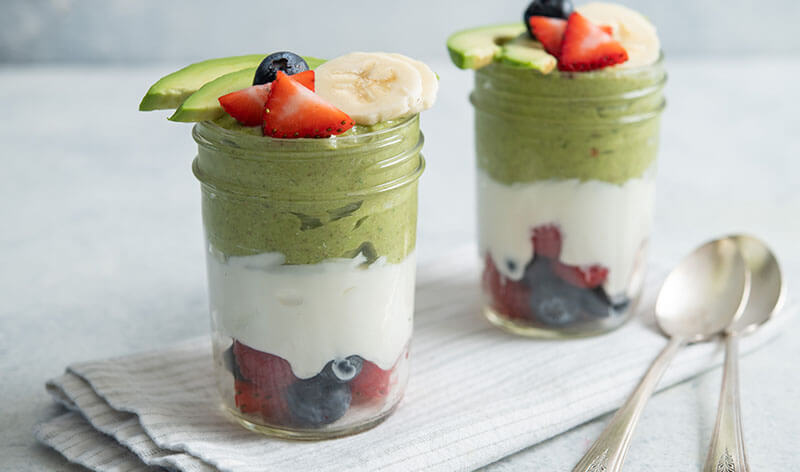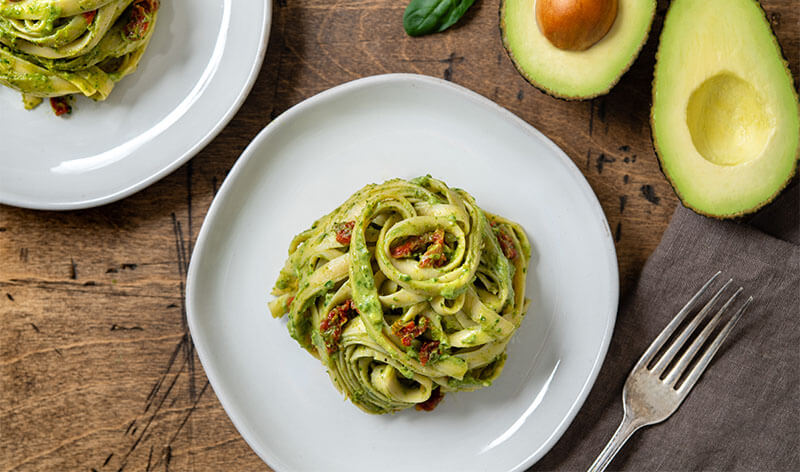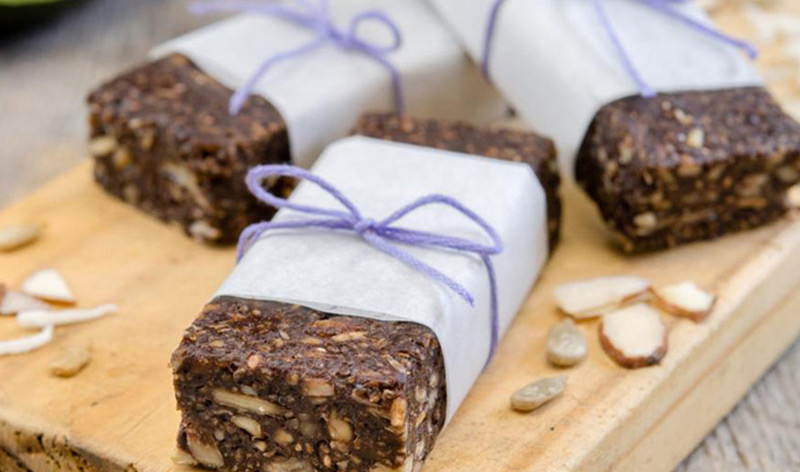To naturally manage cholesterol, focus on a heart-healthy diet rich in fiber, healthy fats, and lean protein while limiting saturated and trans fats. Avocados are a particularly beneficial food due to their monounsaturated fats and fiber content, which can help lower LDL (“bad”) cholesterol and support HDL (“good”) cholesterol.
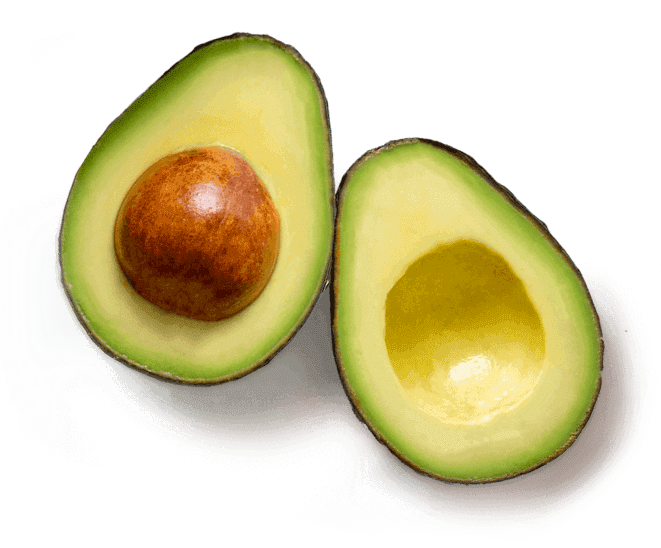
How to Manage Cholesterol Naturally:
- Eat More Soluble Fiber: Found in oats, beans, lentils, and vegetables and fruits like avocados, soluble fiber helps remove cholesterol from the body.
- Incorporate Healthy Fats: Avocados, nuts, seeds, and fatty fish provide heart-healthy monounsaturated and omega-3 fats.
- Limit Saturated & Trans Fats: Reduce processed foods, full-fat dairy, and fatty meats.
- Stay Active: At least 150 minutes of moderate exercise per week can improve cholesterol levels.
- Maintain a Healthy Weight: Losing even a small amount of weight can positively impact cholesterol.
- Quit Smoking & Manage Stress: Both can significantly improve heart health.
How Avocados Help:
- Cholesterol-Free: Avocados contain no dietary cholesterol and are naturally heart-healthy.
- Monounsaturated Fats: These fats can lower LDL and increase HDL cholesterol. Avocados provide 5 g of monounsaturated fats per 50 g serving.
- Good Source of Fiber: A 50 g serving of avocado provides 3 g of fiber, which supports cholesterol management.
- Nutrient-Dense: Avocados contain 38 mg of phytosterols per 50 g serving, which may help maintain healthy cholesterol levels.
While no single food can drastically change cholesterol overnight, incorporating avocados into a balanced diet can be a powerful step toward heart health.
Managing Cholesterol Naturally With Avocados
Your body makes all the cholesterol that it needs to survive, so you don’t need to eat dietary cholesterol. Dietary cholesterol comes from animal products, including meat, seafood, poultry, eggs, and dairy, alongside tropical oils, processed foods, and fried foods.
While no single food can magically change your cholesterol levels overnight, consistently eating heart-healthy foods can help over time. Avocados stand out above others for several reasons. These creamy fruits are naturally cholesterol-free and provide monounsaturated fats and fiber, which can contribute to healthy cholesterol levels.
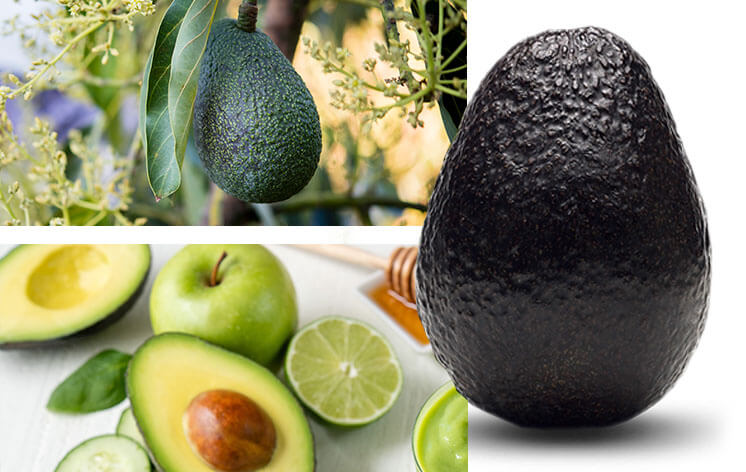
Understanding Cholesterol
Cholesterol is a waxy, fat-like substance that supports cell membrane structure, hormone production, and digestion. However, imbalances in cholesterol levels can increase the risk of heart disease and related conditions.
LDL vs. HDL Cholesterol
Cholesterol is carried through the bloodstream by lipoproteins, which come in two primary forms: low-density lipoprotein (LDL) and high-density lipoprotein (HDL). Here’s the difference between the two:
- LDL cholesterol: Often called “bad” cholesterol, it carries cholesterol to your tissues. If you have too much LDL, it can stick to the walls of your arteries and form plaques, which narrow or block blood flow.
- HDL cholesterol: Known as “good” cholesterol, HDL helps remove excess LDL from the bloodstream by moving it to the liver, where it is broken down and removed. Higher HDL levels can indicate a lower risk of heart problems.
In a clinical trial, participants who ate an avocado a day as part of a moderate-fat diet reduced total cholesterol and bad LDL cholesterol and improved the ratio of total cholesterol to good HDL cholesterol compared to participants who did not consume avocado (low-fat or moderate-fat oils diets). The Avocado Nutrition Center supported this five-week cross-over study of 45 overweight-obese adults. While the conclusions from a single study cannot be generalized to larger, more diverse populations, the study supports the growing body of evidence demonstrating avocados as a heart-healthy fruit.
How Triglycerides Affect Cholesterol Levels
Cholesterol is not the only lipid in your bloodstream that affects your health. Triglycerides are a type of fat in your blood that your body uses for energy. They form when extra calories are converted into fat. While they’re important in small amounts, high triglyceride levels, especially along with high LDL or low HDL cholesterol, can increase the risk of heart disease.
A clinical trial studied the effects of 31 overweight adults eating a breakfast meal containing a whole avocado or no avocado on assessed vascular health, blood lipid profiles, glucose, and insulin. The Avocado Nutrition Center funded the study, and researchers collected data for six hours after the meal. Though more research is needed to generalize the results to all people, the findings support the growing body of evidence demonstrating avocados as a heart-healthy fruit.
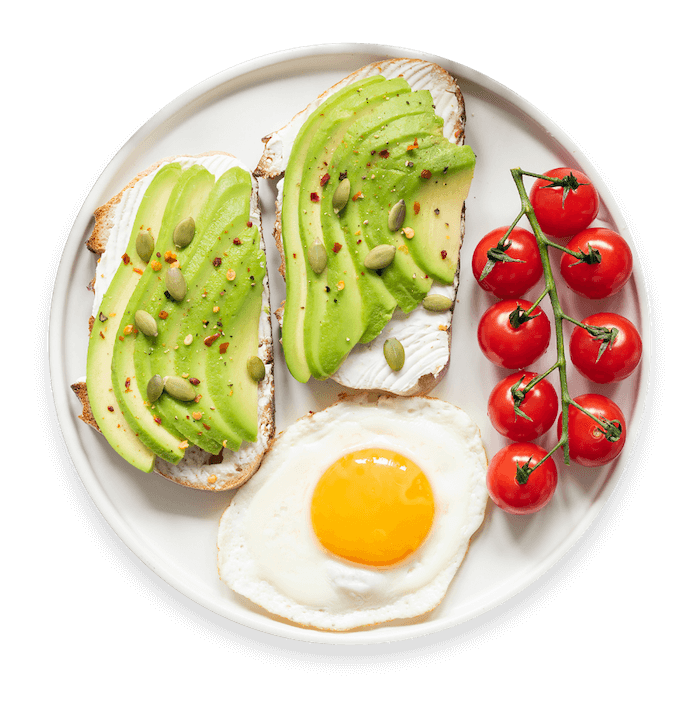
How Your Lifestyle Impacts Your Cholesterol Levels
Your lifestyle has the most significant impact on cholesterol and heart health. A heart-healthy routine includes eating healthy foods, staying active, and avoiding harmful habits.
![]()
Poor diet:
Eating too much saturated fat, trans fat, refined sugar, and processed foods can contribute to higher levels of LDL cholesterol and lower levels of HDL cholesterol.
![]()
Lack of exercise:
A sedentary lifestyle can lead to weight gain and unhealthy cholesterol levels, with higher LDL and triglycerides and lower HDL.

Smoking:
Smoking damages your blood vessels and lowers HDL cholesterol, raising your heart disease risk.
![]()
Obesity:
Being overweight is linked to higher LDL, lower HDL, and elevated triglycerides.
![]()
Genetics:
Some people inherit a tendency for high cholesterol, making healthy habits even more important.
These factors can contribute to higher LDL cholesterol levels, but making healthy choices can lead to healthier cholesterol levels.
The Connection Between Cholesterol and Diet
Diet is one of the most prominent aspects of your lifestyle that can affect your cholesterol levels. Saturated fats (found in animal products, fatty meats, butter, full-fat dairy, and fried or processed foods) can raise LDL cholesterol and clog arteries. Conversely, foods with healthy fats and fiber can help improve cholesterol levels and help your body feel its best.
In a meta-analysis (202 participants, seven studies), when compared to an avocado-free diet, researchers found that including avocado in a diet increased good HDL-cholesterol (HDL-C), and decreased total cholesterol:HDL-C and bad LDL-C to HDL-C ratio. When reported, the daily avocado intake ranged from one to 3.7 medium avocados. Only studies of at least three weeks in length were included in the analysis. This study was funded by the Avocado Nutrition Center and includes limitations such as a small number of subjects reporting data with a wide range of participant characteristics. This study type does not demonstrate cause and effect.
How to Manage Your Cholesterol Naturally
Simple changes can help improve cholesterol levels and overall well-being. However, you should always check with your doctor before making major changes to your diet or lifestyle to ensure they’re right for you.
Stay Hydrated
Hydration is essential for overall health, including heart health. While drinking water won’t directly lower cholesterol, it helps your body perform key functions like circulation, digestion, and nutrient transport. When your body can do these things well, it can support your heart more efficiently.
To stay hydrated, try to:
- Drink at least 8 cups (64 ounces) of water daily, or more if you’re active or in a warm climate.
- Keep a reusable water bottle with you to make it easier to drink water throughout the day.
- Add foods that contain water, like cucumbers, watermelon, and oranges, to your diet. Seventy-nine percent of an avocado’s weight is fiber and water.
The more hydrated you are, the better you can bolster your heart health.
Eat More Fiber
Dietary fiber from fruit, as part of an overall healthy diet, helps reduce blood cholesterol levels and may lower the risk of heart disease. Avocados are a good source of fiber and a great way to add variety to the diet. Soluble fiber, in particular, binds to cholesterol in the digestive system, helping the body remove it before it can enter the bloodstream.
Some great foods with fiber to incorporate include:
- Whole grains like oats, barley, and quinoa.
- Beans and lentils such as black beans, chickpeas, and kidney beans.
- Fruits like apples, berries, avocados, oranges, and pears.
- Vegetables like broccoli, Brussels sprouts, and sweet potatoes.
The current recommended fiber intake is 28 g for every 2,000 caloriesyou eat daily. So, if you eat an average of 2,000 calories daily, you should consume 28 g of fiber. The American Heart Association recommends that this fiber comes from your food, not supplements or vitamins.
Incorporate Nuts and Seeds
Nuts and seeds can help you manage cholesterol levels. They contain healthy fats, fiber, and plant sterols, all of which may influence LDL and HDL cholesterol levels. Many varieties, like walnuts and flaxseeds, contain omega-3 fatty acids, which support heart health by contributing to lower inflammation.
Some heart-healthy nuts and seeds to try include:
- Almonds: A one-ounce serving provides about 7.3 mg of vitamin E, approximately 49% of the average DV.
- Walnuts: A one-ounce serving contains roughly 2.5 g of alpha-linolenic acid (ALA), a type of omega-3 fatty acid.
- Chia seeds: One tablespoon (10 g) offers about 1.8 g of ALA omega-3s.
- Flaxseeds: A tablespoon (10 g) delivers approximately 2.3 g of ALA omega-3s.
Nuts and seeds are also easy to add to your diet. Whether adding chia seeds to your yogurt or sprinkling walnuts into your salad, you can enjoy a heart-healthy snack in plenty of ways.
LDL vs. HDL Cholesterol
Creating meals that support cholesterol management and heart health doesn’t have to be complicated. To build a heart-healthy plate, include:
- Healthy fats: Choose unsaturated fats from avocados, olive oil, nuts, and fatty fish, and limit saturated fats.
- Foods with fiber: Incorporate whole grains, fruits, vegetables, and legumes to promote digestion and reduce cholesterol.
- Lean proteins: To minimize saturated fat, use plant-based proteins like beans and tofu or lean options like poultry and fish.
- Low sodium: Avoid processed foods with added sodium and be mindful of your salt usage while cooking.
- Controlled portions: Practice mindful eating to avoid overeating and maintain a healthy weight.
Building meals with these elements helps you support cholesterol health and overall cardiovascular wellness.
The Power of Avocados
Avocados are often called a superfood, and for good reason. One of their standout features is their high content of monounsaturated fats, particularly oleic acid. These healthy fats work by lowering “bad” LDL cholesterol levels — they can reduce its production in the liver and help clear it from your bloodstream. Avocados are essentially the only fruit with good fats. The Dietary Guidelines for Americans recommends replacing bad fats with good fats as good fats offer benefits in the body without raising LDL (bad) cholesterol levels.

A meta-analysis evaluated the impact of avocado intake on LDL cholesterol. Researchers concluded with moderate evidence that avocado intake has a medium to large effect on LDL-C levels. This study relies on published work, presenting unique limitations, and the findings cannot be generalized to all populations. The researchers assessed the risk of bias and strength of evidence for each of the 12 clinical trials and 14 comparisons.
Avocados also contribute phytosterols (38 mg of beta-sitosterol per 50 g serving), which may help maintain healthy cholesterol levels. Sterols consumed twice daily as part of a low-in-saturated-fat-and-cholesterol diet help to lower total and LDL (bad) cholesterol levels in the blood.

Adding avocados to your regular diet opens up a world of possibilities. Here are some of our favorite avocado recipes.

You May Also Like

AVOCADO “HOW-TO”
LEARN HOW TO PICK, STORE, AND PREP FRESH AVOCADOS


